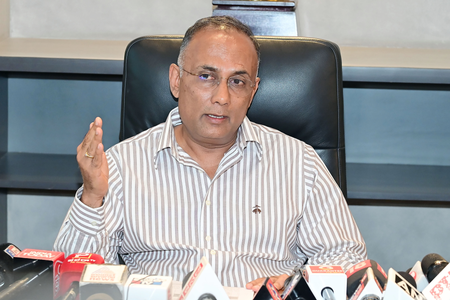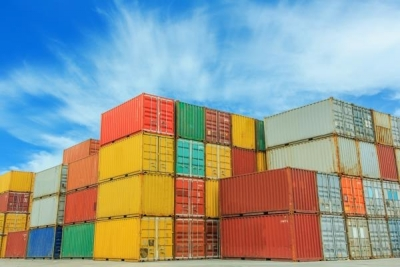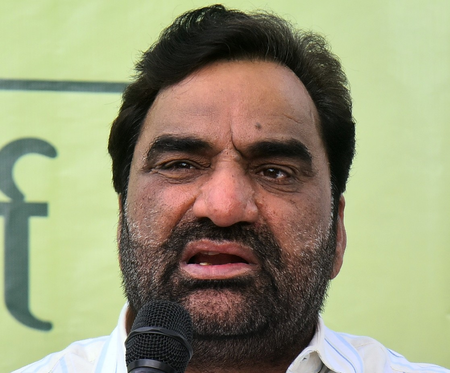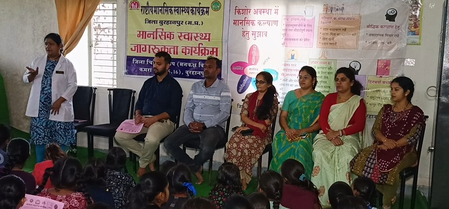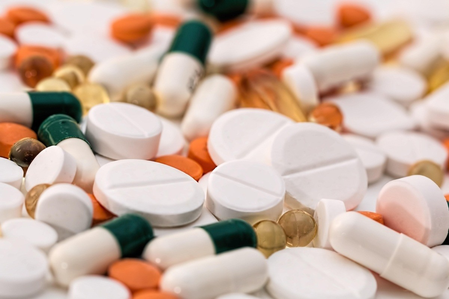
New Delhi, Aug 8 (IANS) The Union government has fixed the ceiling price of four emergency-use medicines and 37 other drug formulations, which include antibiotics and painkillers.
The prices were fixed by the National Pharmaceutical Pricing Authority (NPPA), and the medicines range from treating infections, heart ailments, and inflammation to diabetes and vitamin deficiencies.
“Manufacturers selling branded or generic or both versions of the medicines at a price higher than the ceiling price (plus GST) shall revise the prices downward not exceeding the ceiling price…,” the NPPA said.
However, manufacturers having an MRP lower than the ceiling price shall continue to maintain the existing MRP, the NPPA added.
The emergency-use medicines include Ipratropium, used to prevent wheezing, shortness of breath, coughing, and chest tightness in people with chronic obstructive pulmonary disease. Its ceiling price was fixed at Rs 2.96 per ml.
For Sodium Nitroprusside, an injectable used to rapidly lower BP in hypertensive emergencies, during surgery to reduce bleeding, and in cases of acute heart failure, it was fixed at Rs 28.99 per ml; for Diltiazem, used to treat high BP and chest pain, it was fixed at Rs 26.72 per capsule; and for Povidone Iodine, used for skin disinfection before and after surgery and minor wound care, it was fixed at Rs 6.26 per gram.
Other medications with prices slashed include paracetamol, atorvastatin, amoxycillin, and metformin.
Among the drugs affected is a composition of Aceclofenac, Paracetamol, and Trypsin Chymotrypsin for use as an anti-inflammatory and cardiovascular drug, which comes as a combination of Atorvastatin 40 mg and Clopidogrel 75 mg.
According to the NPPA, the notified prices are GST-free, which may be charged additionally if needed.
It has also asked retailers and dealers to display new prices prominently and noted that non-compliance with the new rates would be punishable under the DPCO and the Essential Commodities Act, 1955. This would also involve the recovery of excess charged amounts with interest.
–IANS
rvt/

